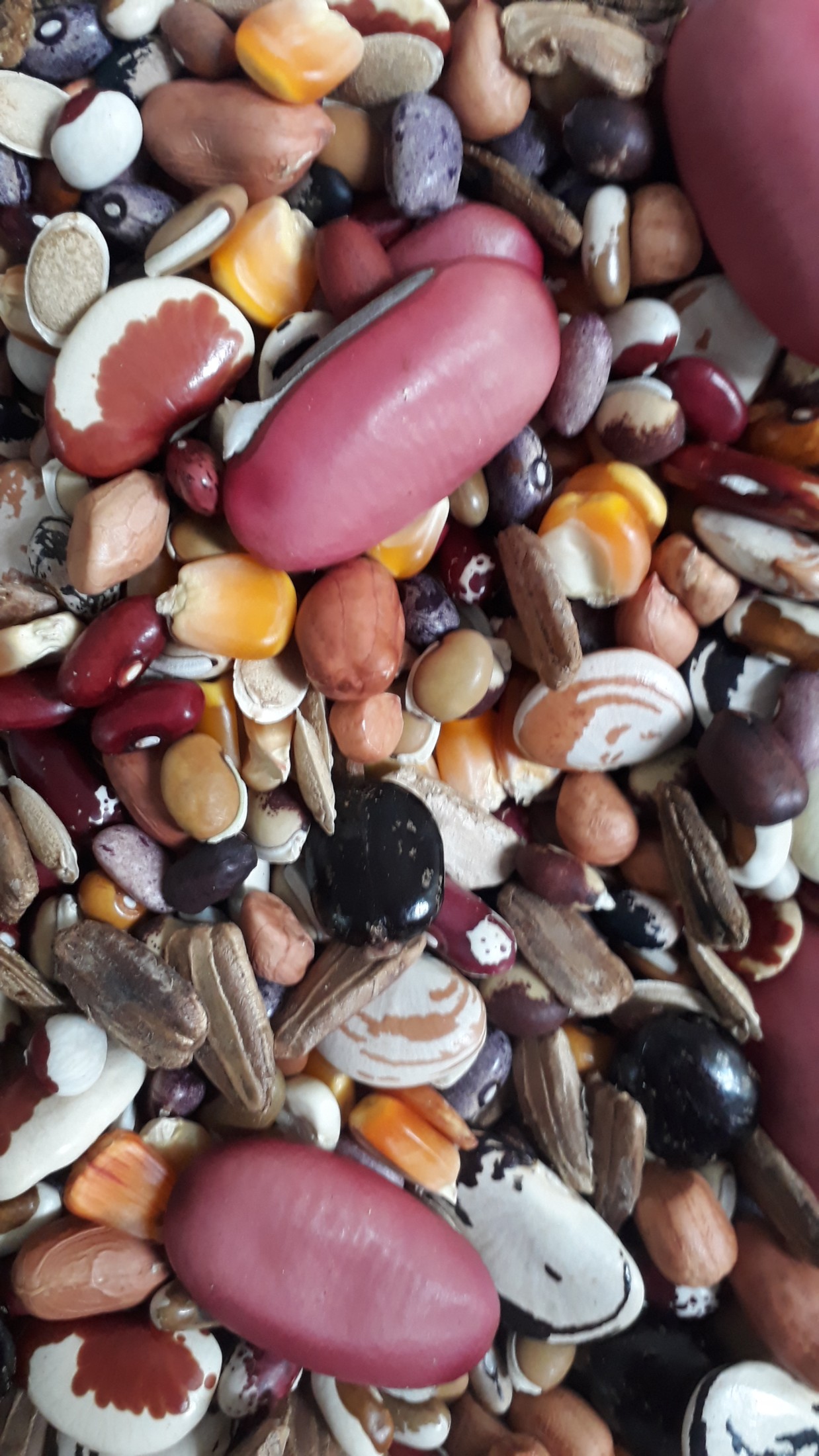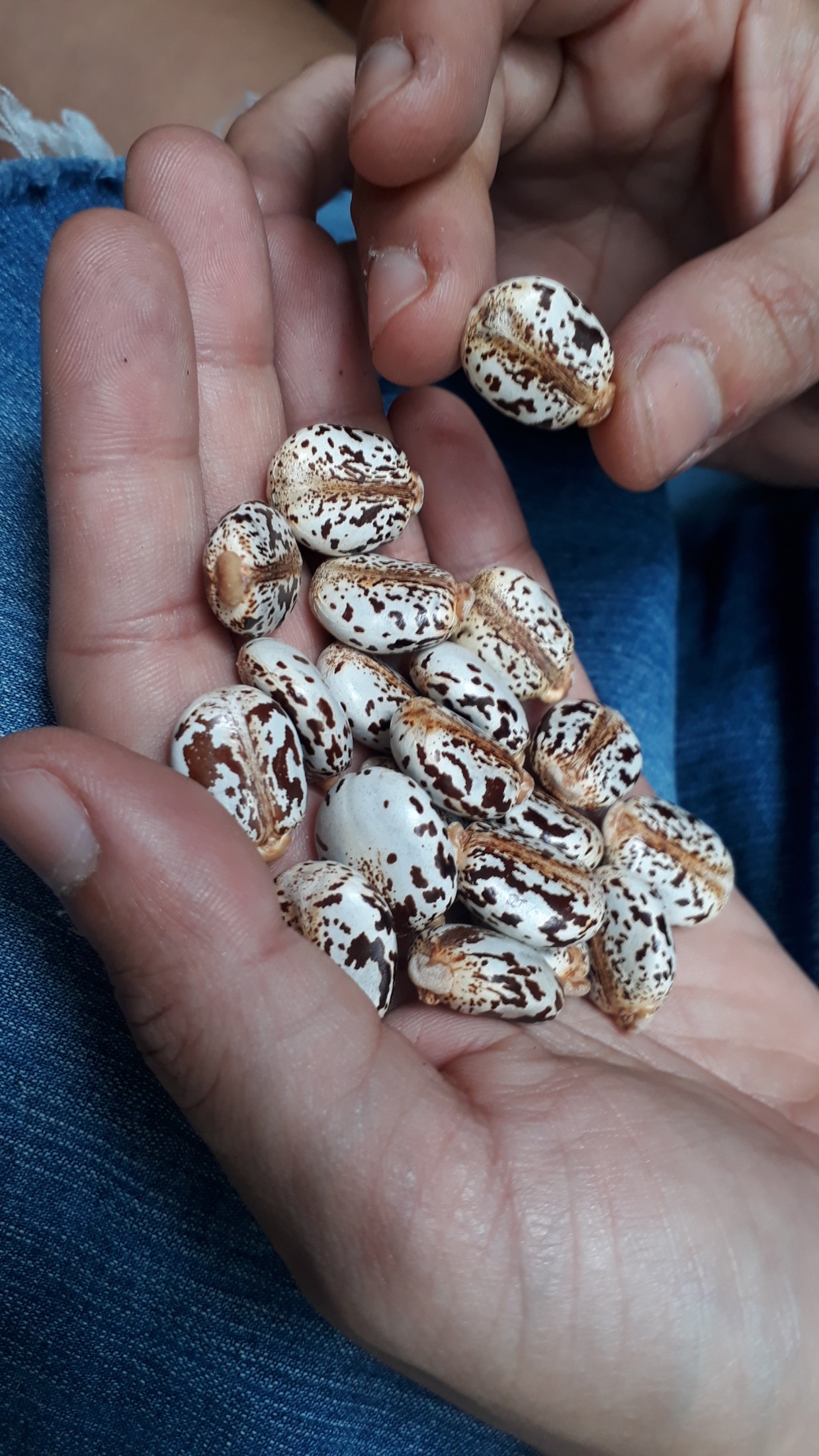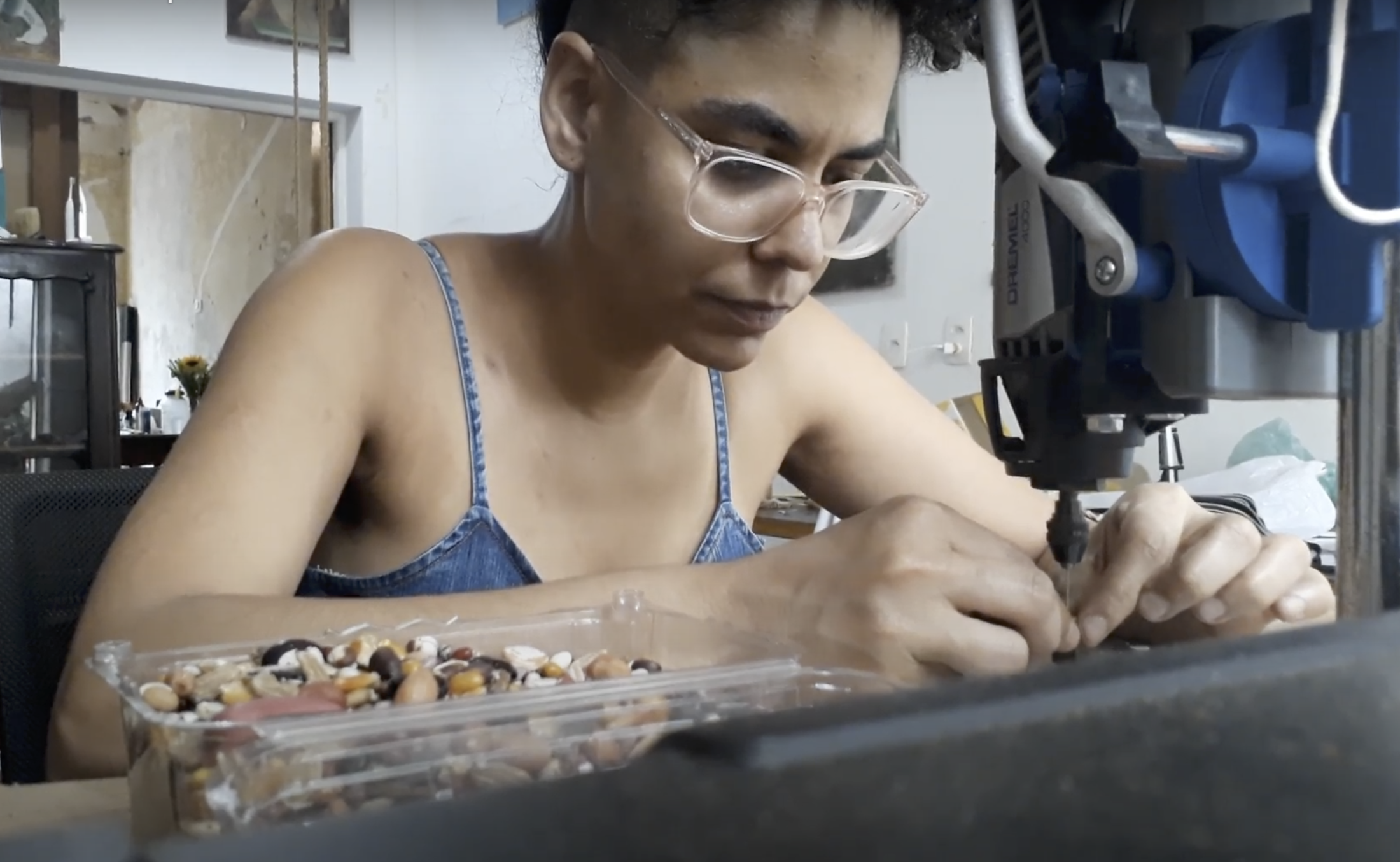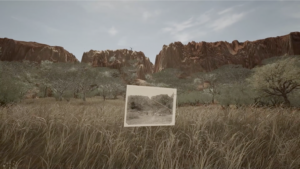Aline Baiana
Resisting domestication: Monoculture and the annihilation of difference
Despite the expansion of the deadly domestication promoted by monocultures around the world, some communities resist, and within their worlds a great diversity. The agribusiness machinery is often weaponised against communities that resist domestication in their ways of living and cultivating. Pesticide showers on communities near the borders of farming lands, areas coveted by farmers to expand their cropland, are not uncommon. The communities have to choose between leaving their territory or being systematically poisoned, developing serious health issues that ultimately lead to death. Other annihilation practices are coming to widespread attention, as the world watches the Amazon Forest burn: fire allows for an easier expansion of agricultural frontier by making the territory vulnerable to land grabs. The communities that resist this process of domestication – affecting both the land and themselves – face persecution and murder. Monoculture is so normalised that the endless uniform fields of rapsol, corn or wheat are often perceived as beautiful and ironically peaceful. To overlook the lack of diversity in a colza field requires the same eye training as to ignore the lack of diversity among people in positions of power: the violence perpetrated in such landscapes is ignored just as much as structural racism and queerphobia.
My work generally arises from discomfort, outrage or anguish, and, in the research process – which is often painful but also transformative – I come to understand why and how to deal with it. I try to look for ways to question the conventions that sustain the Western world, and to share other worlds in which these ideas are inconceivable.
In the process of exchanging with communities and researching literary, academic, and other material, each work (and the mediums and materials that sustain it) takes shape and presents itself to me. I understand the art piece as a “counter-spell”, in the Amerindian and Afrobrazilian sense, to conjure the thing itself that motivated the research. Inspired by philosopher Isabelle Stengers’ proposal to reclaim marginalised practices such as magic, the idea is to align my artistic practice with such modes of resistance. The main objective of this research is to relate the process of homogenisation identified in crop fields, and the practices of resistance that they entail, with the corresponding attack on the existence of ethno-racial minorities under contemporary colonial capitalism.
Aline Baiana is an Afro-Pindoramic artist born in 1985 in the territory today known as Brazil. Having graduated in cinema and studied environmental management and contemporary art, her research addresses Afro-Brazilian and Native-American worlding practices and ontological conflicts between the Global North and South. Baiana has participated in several exhibitions in Rio de Janeiro, São Paulo, Belo Horizonte and Salvador, and was recently commissioned for 14th Sharjah Biennial and the 11th Berlin Biennale. Her work is represented in Kadist and the Stiftung des Vereins der Freunde der Nationalgalerie für zeitgenössische Kunst collections.





